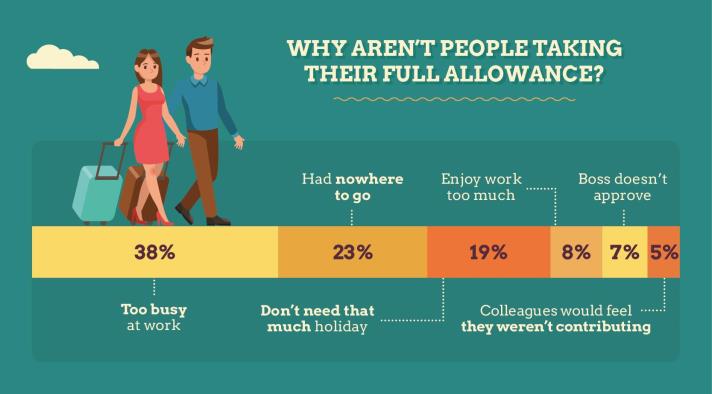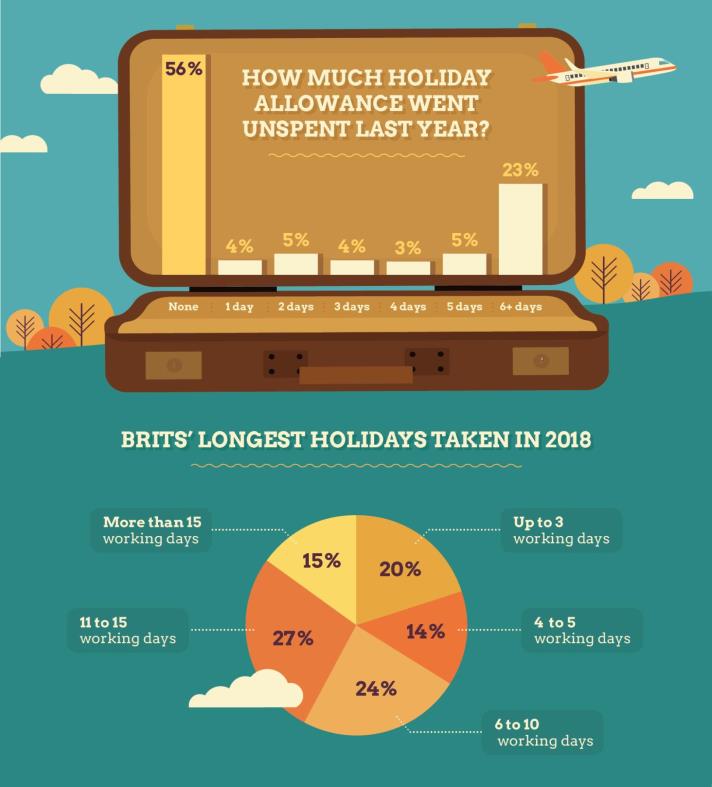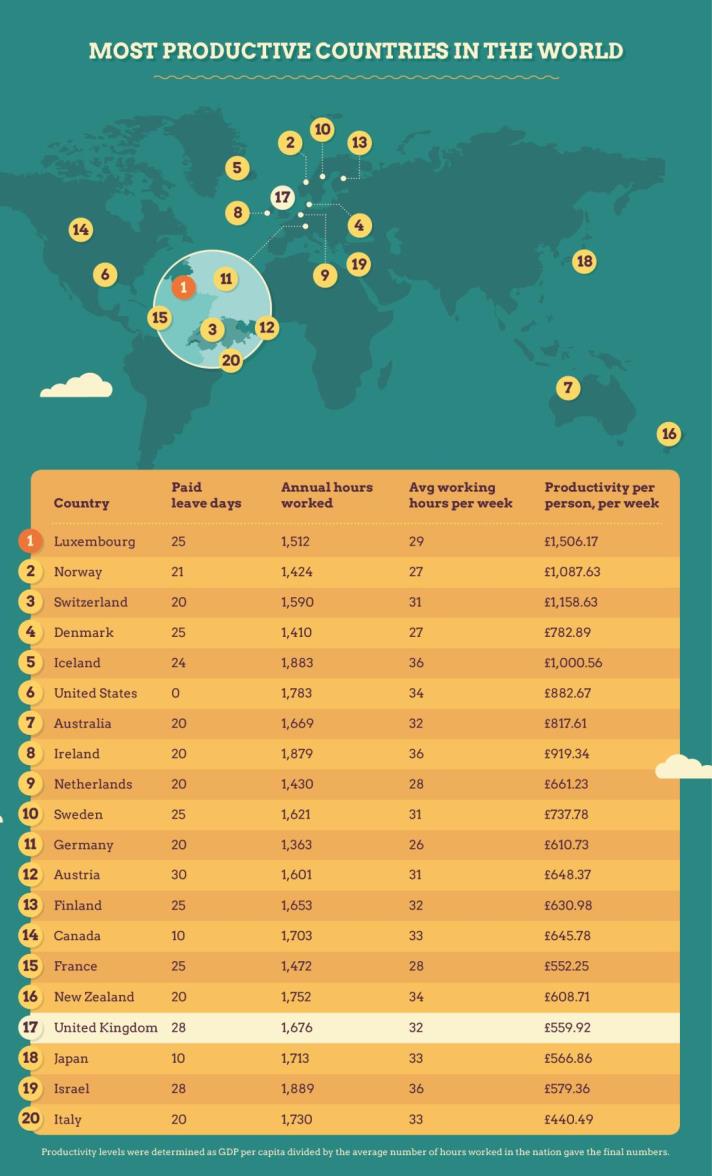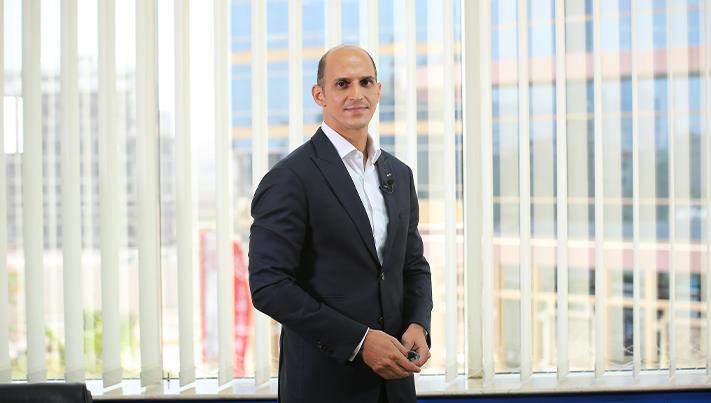
Coniq is Europe’s leading CRM and Loyalty provider for retail destinations. In December, the firm’s CEO and Founder, Ben Chesser, was named “CEO of the Year in Retail CRM & Loyalty Solutions” for 2018 by CEO Monthly Magazine. We spoke with Ben who took time out of his busy schedule to offer insight into
When it comes to global retail destinations, few firms have more of an influence on a mall’s future success than Coniq. Through its best-in-class CRM solutions, they give clients a cutting-edge advantage, leading the way to a better understanding of consumer
As Ben Chesser, the charismatic CEO of Coniq explains “Coniq is a dynamic, fast-growing PropTech business which already provides loyalty and CRM services in 16 countries. Put simply, our CRM platform allows shopping
“The insight we create not only benefits the landlord, but it also benefits the retailers; the data we generate can help them understand how they are performing versus their peers in the same location, and over the years we have built up excellent relationships with the brands – more than 1,000 retailers trust and operate the Coniq solution in their stores.”
With clients that include some of the most respected names in retail, including; Value Retail, VIA Outlets, Unibail Rodamco Westfield, Compagnie de Phalsbourg, Neinver, and Meyer Bergman, Coniq have refined their product to meet some of the most demanding standards. More than that, they have excelled through their commitment to innovation and outstanding customer service.
Here, Ben takes a moment to comment on his company’s approach to service and what it truly means to provide a seamless and robust service. “Our business is a SaaS model, which is supported by services that make us unique. We have a dedicated brand engagement team to help destinations source offers which provide rich content for loyalty customers. This team speaks over fifteen languages and is ready to deploy support to our clients at a moment’s notice.”
“In addition, Coniq have launched more loyalty programmes and developed more CRM strategies than any other provider in the retail space. This
More than anything, as Ben is quick to
“Coniq is a
This passion is evident across the entirety of
When it comes to the future, Ben explained that Coniq is already planning to expand into new territories. “The plan for 2019 has three key themes; to continue to be a catalyst for data-sharing that improves the customer experience and adds value for retailers and landlords; to expand our client base in the full price sector; to secure a number of customers in key territories, such as the Middle East.” Further, Coniq plans to
Finally, on the subject of the challenges facing the retail industry as a whole, Ben talks about how
we are seeing in the retail sector are precisely what makes
“Coniq helps malls identify and reward their most valuable customers, building engagement with the


























